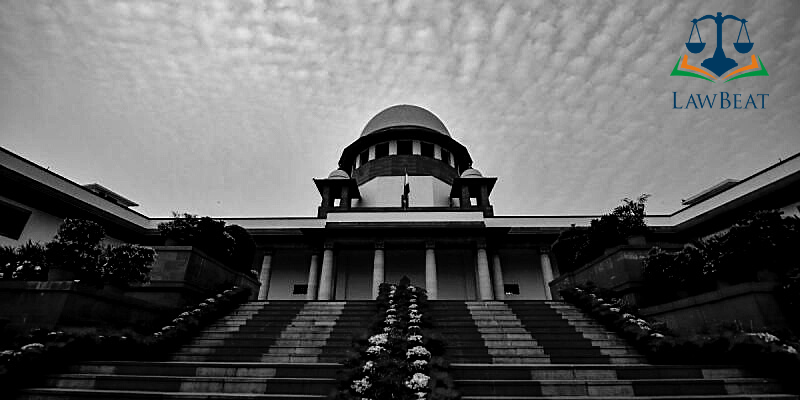Legislative intent of statute cannot be overridden by court to render grave economic implications which will impact viability of IBC: Supreme Court

The Supreme Court has held that the deadline prescribed under the provision of 330 days has to be followed for completion of the Corporate Insolvency Resolution Process under the Insolvency and Bankruptcy Code.
A divisional bench of Justice DY Chandrachud and Justice MR Shah penned, "Judicial delay was one of the major reasons for the failure of the insolvency regime that was in effect prior to the IBC. We cannot let the present insolvency regime meet the same fate."
The bench has urged the NCLT and NCLAT to be sensitive to the effect of such delays on the insolvency resolution process and be cognizant that adjournments hamper the efficacy of the judicial process. The NCLT and the NCLAT should endeavor, on a best effort basis, to strictly adhere to the timelines stipulated under the IBC and clear pending resolution plans forthwith, bench said.
The bench further noted, "This Court is cognizant that the extraordinary circumstance of the COVID-19 pandemic would have had a significant impact on the businesses of Corporate Debtors and upon successful Resolution Applicants whose Plans may not have been sanctioned by the Adjudicating Authority in time, for myriad reasons. But the legislative intent of the statute cannot be overridden by the Court to render outcomes that can have grave economic implications which will impact the viability of the IBC."
Case Titles: 1. Ebix Singapore Private Limited Vs.Committee of Creditors of Educomp Solutions Limited & Anr.
2.Kundan Care Products Limited Vs. Mr Amit Gupta and Ors.
3. Seroco Lighting Industries Private Limited Vs. Raviapoor RP for Arya Filaments Private Limtied & Ors.
